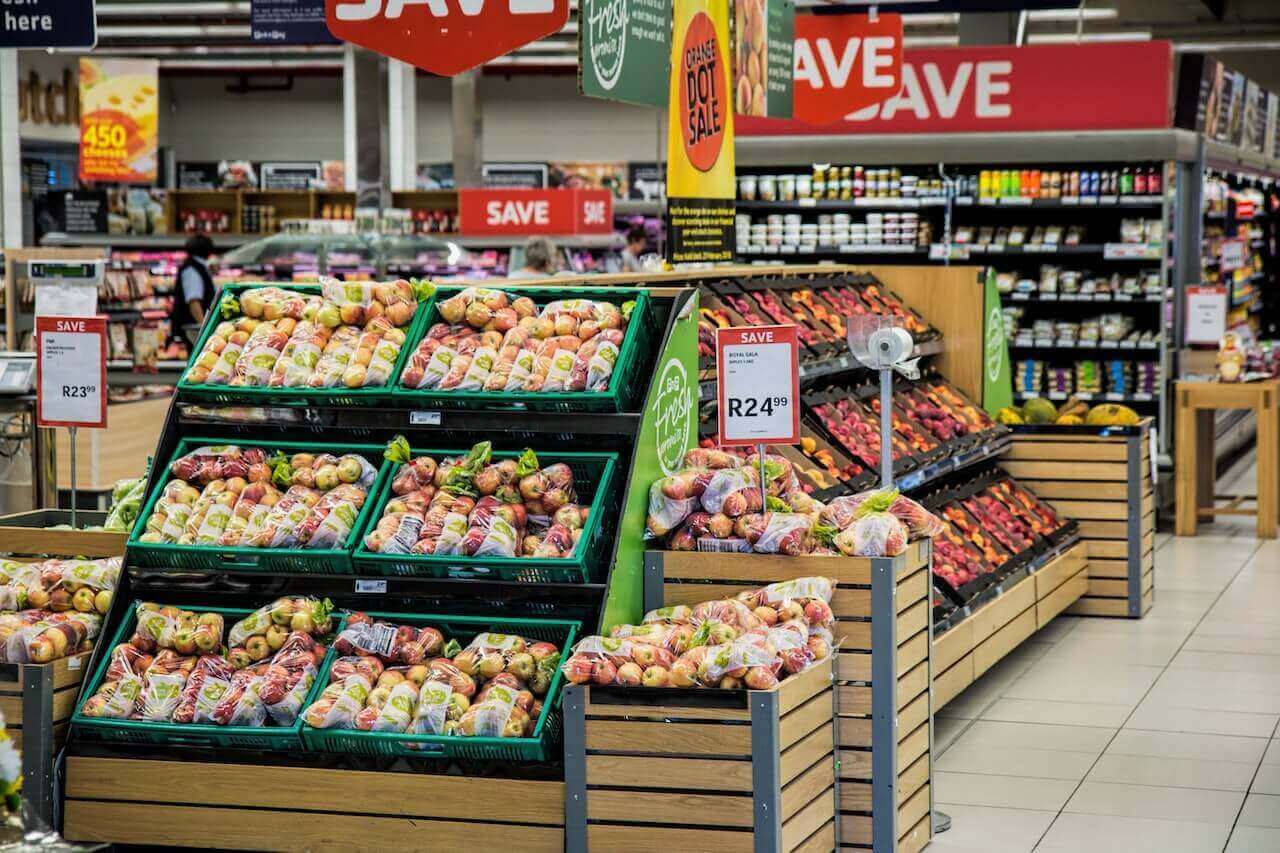Metadescription: Learn about the different types of goods and services in economics, including free goods, private goods, public goods, merit goods, and demerit goods. Understand the nature and definitions of each type and how they are affected by imperfect information in the market.
Keywords: goods, services, free goods, private goods, public goods, merit goods, demerit goods, imperfect information, market outcomes, policy-making.
In economics, goods and services are classified into various categories based on their characteristics and nature. These classifications help us understand how goods and services are produced and distributed in the market. In this blog post, we will discuss the different types of goods and services, including free goods, private goods, public goods, merit goods, and demerit goods, and how they are affected by imperfect information in the market.

Free goods are goods that are unlimited in supply and have no opportunity cost. Examples include air and sunlight.

Private goods are goods that are both excludable and rivalrous in consumption. Excludability refers to the ability to prevent non-paying consumers from accessing the goods, while rivalry in consumption means that one person’s consumption of the good prevents another person from consuming it. Examples of private goods include clothing, food, and cars.

Public goods are goods that are non-excludable and non-rivalrous in consumption. This means that once they are provided, everyone can consume them, and their consumption does not reduce the availability for others. Examples include street lighting and national defense.

Merit goods are goods that are under-consumed due to imperfect information in the market. These goods have positive externalities, meaning that the benefits of their consumption spill over to society as a whole. Examples of merit goods include education, healthcare, and public transportation.

Demerit goods are goods that are over-consumed due to imperfect information in the market. These goods have negative externalities, meaning that the costs of their consumption spill over to society as a whole. Examples of demerit goods include cigarettes, alcohol, and fast food.
It is important to understand the nature and definition of each type of goods and services, as they have different implications for policy-making and market outcomes. For instance, public goods may require government intervention to provide them, as they may not be produced in adequate quantities by the market alone. Similarly, merit goods may require subsidies to encourage their consumption, while demerit goods may require taxes or regulations to reduce their consumption.
In conclusion, the classification of goods and services plays a crucial role in economics, helping us understand how goods and services are produced and distributed in the market. By understanding the nature and definition of each type of goods and services, we can make informed decisions regarding policy-making and market outcomes.
Read more on the Classification of Goods and Services: CIE AS Notes, Topic Questions.
